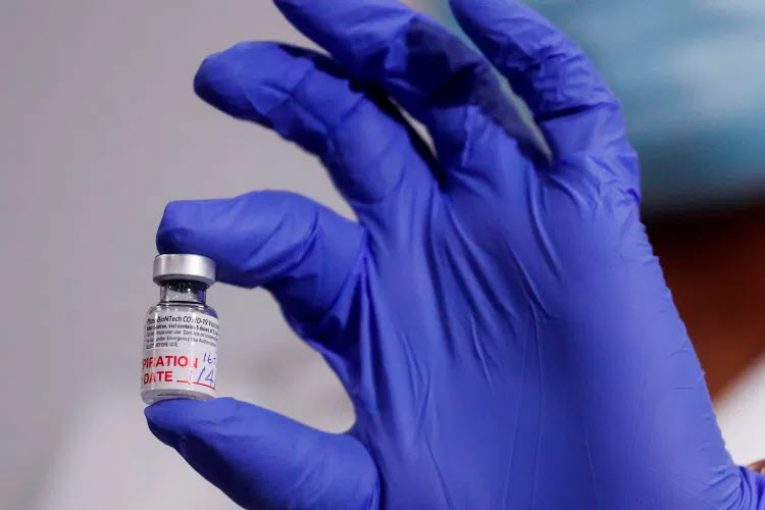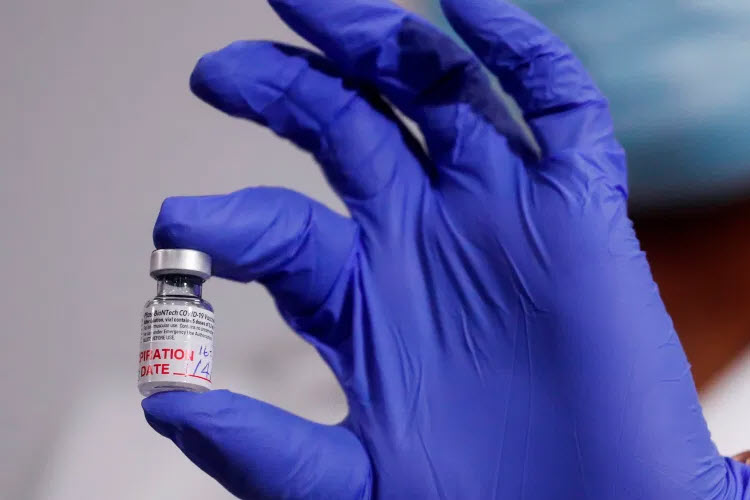

Special to the Vanguard
Sacramento, CA – One of the biggest problems exposed by the COVID pandemic, has been misinformation, much of which is dangerous and has been both intentionally and unintentionally spread across the country over the web and social media.
On Tuesday, Senator Dr. Richard Pan and Assemblymember Evan Low introduced Senate Bill 1018 and Assembly Bill 2098 to combat the spread of dangerous COVID-19 misinformation and protect public health.
SB 1018, introduced by Senator Dr. Richard Pan, requires online platforms utilizing algorithms to publically report how product features interact with datasets used by algorithms to score or rank content, and requires disclosure of data for legitimate research purposes.
AB 2098, introduced by Assemblymember Evan Low, enshrines into state law that licensed physicians and surgeons disseminating or promoting misinformation or disinformation related to COVID-19 constitutes unprofessional conduct that should result in  disciplinary actions by the Medical Board of California or the Osteopathic Medical Board of California.
disciplinary actions by the Medical Board of California or the Osteopathic Medical Board of California.
The legislators are hoping these bill will “effectively work to discourage misinformation, through algorithm transparency for online platforms and requiring platforms share data with researchers, and through accountability for the small number of unethical physicians and surgeons spreading blatant COVID-19 misinformation and disinformation.”
“I introduced Senate Bill 1018 to address the amplification of misinformation and disinformation on online platforms by requiring platforms to publicly disclose how their algorithms work and to share data for research purposes,” said Senator Pan, himself a pediatrician.
“Ultimately, we shouldn’t have to wait for whistleblowers, like the Facebook whistleblower, to understand how platforms have been negatively influencing our lives, including our ability to stop this pandemic that has not only killed nearly 1 million Americans, but has disabled so many people as well,” Pan said. “Transparency will allow the public to make informed decisions, and lawmakers and researchers need this necessary information so we can hold online platforms accountable and also set standards.”
Assemblymember Low said of Assembly Bill 2098, “This bill declares that disinformation and promotion of COVID-19 misinformation and disinformation to the public as unprofessional conduct for licensed physicians and surgeons. Under this law, California Medical Boards will be given the tools necessary to bring discipline actions against a licensee.”
Low explained, “Due to their specialized knowledge and training, licensed physicians possess a high degree of public trust and therefore must be held to account. The spreading of misinformation, of inaccurate COVID-19 information, contradicts that responsibility and threatens to further erode the public trust in the medical profession and puts all patients at risk.”
On January 19, Dr. Pan and six other legislators announced the formation of a legislative Vaccine Work Group to facilitate coordinated action to promote vaccines and science-based public health policy.
The group previously introduced four bills to help combat the ongoing COVID-19 pandemic and protect public health: SB 866, the Teens Choose Vaccines Act; SB 871, the Keep Schools Open and Safe Act; AB 1797, to modernize California’s Immunization Registry; and, AB 1993, to keep workplaces open and safe.

https://em-ui.constantcontact.com/em-ui/em/page/em-ui/email#

How much of the supposed “follow the science” COVID health mandates from esteemed(?) agencies turned out to be misinformation? So who determines what is considered acceptable information and disinformation, some 23 year old straight out of college Facebook fact checker?
https://i.imgflip.com/1iz1ch.jpg
Like any law, first layer is administrative, second layer is the courts.
As a first amendment guy, not that fond of the notion of government regulation, however, as a consumer of social media, I’m not really that fond of the free market’s ability to deal with grossly inaccurate information. I guess I would hope they reserve enforcement for gross violations rather than the gray area but litigation tends to happen in gray areas.
Ultimately I think we’re damned if we do and we’re damned if we don’t.